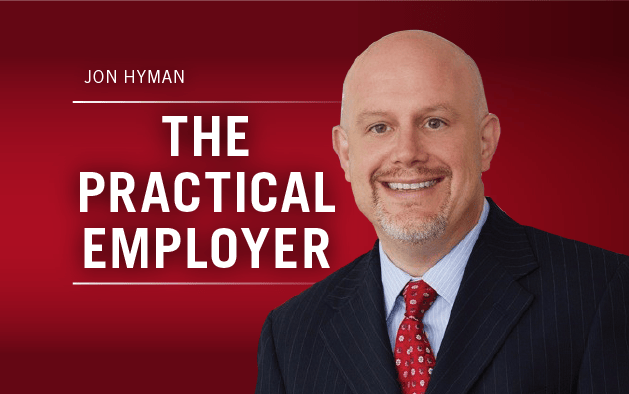A disabled employee comes to you and asks for a transfer to an open and available position as a reasonable accommodation? Do you grant the request? For the time being, there is no clear answer to this difficult question.
The ADA includes “reassignment to a vacant position” as a possible “reasonable accommodation” for disabled employees. Courts have struggled, however, in deciding whether disabled employees are entitled to a transfer preference over more qualified, nondisabled co-workers. Five years ago, employers thought they were going to receive some clarity on this tricky issue, when the Supreme Court agreed to hear Huber v. Wal-Mart Stores. When Huber settled before the Supremes could have their say, the issue remained in limbo. Last week, in EEOC v. United Airlines [pdf], the 7th Circuit issued the latest pronounced by a federal appellate court on this issue, and its holding is diametrically opposed to Huber.
Huber held that an employer can hire the most qualified person for a position, even if means passing over a less qualified, disabled employee who requested a transfer to the vacant position as a reasonable accommodation. United Airlines, however, concluded that the ADA requires employers to provide a preference to the disabled employee, and pass over a more qualified individual in favor of providing the vacant position as a reasonable accommodation. In other words, this issue is more muddled and unsettled than ever, and remains ripe for clarification from the Supreme Court.
Going forward, employers are left with the following two very different options:
1) Hire the most qualified person and deny the open position to a less qualified disabled employee.
– or –
2) Automatically award an open position to a qualified disabled employee, if even a better qualified applicant is available and despite an policy to hire the best person for the job.
Employers must act cautiously if faced with this thorny issue. The answer, for now, will vary depending on the federal circuit in which your business operates. My advice from nearly five years ago rings as true today as it did then:
When you don’t hire the best person for an open position, it could lead a court to second-guess your judgment and question why a member of a protected class was overlooked in favor of the second/third/fourth/whatever best person. Recognize, however, that this issue is unsettled, and declining to accommodate a disabled employee by transferring that employee to an open position could result in a violation of the ADA.
Written by Jon Hyman, a partner in the Labor & Employment group of Kohrman Jackson & Krantz. For more information, contact Jon at (216) 736-7226 or jth@kjk.com.



